by Durga Velayudham
The recent arrival of Binaifer Nowrojee, President of the Open Society Foundations (OSF), in Sri Lanka signals more than just philanthropic outreach; it heralds the beginning of what many are calling a new, covert chapter in George Soros’s notorious regime change playbook. For decades, Soros has woven a complex web of influence across the globe, cloaked in the language of democracy, rights, and justice, yet consistently embroiled in allegations of meddling, manipulation, and the subversion of sovereign governments. Sri Lanka, shaken by economic turmoil and political unrest, is now on the brink of becoming the next focal point in the continuing saga of international interference.
At first glance, the OSF appears to be championing a noble cause. Binaifer Nowrojee, speaking in Colombo before an assembly of NGO activists, framed Sri Lanka as “a place from which we can act, with focus and purpose,” describing the island as “a microcosm of the global challenges we face today: the struggle for democratic ideals, equity, justice, and the rise of authoritarianism.” Her speech echoed familiar refrains, warning of “a moment of great volatility,” the “widening of inequality,” and the “devastation of the climate,” all set against a backdrop of “global polarisation” and “frightening levels of insularity.” It was a clarion call for civil society to evolve, to engage at the grassroots level, and to pursue justice not from the top down but from “the communities at the coalface of the struggles.”
Yet, beneath these lofty ideals, critics see a familiar pattern: Soros’s machinery moving in to exploit a nation’s vulnerabilities, to manipulate political fault lines, and to tilt the balance of power in favour of his preferred globalist vision. This is not philanthropy; it is a carefully engineered operation, an exercise in soft power with hard consequences.
Deepening Soro’s footprint, however, comes as a relief for NGOs in Colombo—left starved of funds after the abrupt shutdown of USAID and its affiliated bodies. This shift forces us to confront uncomfortable questions about the true agendas behind foreign aid and the expanding influence of new actors shaping Sri Lanka’s future. That is why it is crucial to expose Soro’s checkbooks and challenge its narratives—not just globally, but especially across South Asia.
India, a neighbouring powerhouse with vested interests in Sri Lanka’s stability, has been particularly vocal in its objections to Soros’s activities. The Indian government’s recent investigations into OSF’s alleged attempts to circumvent the country’s strict Foreign Contribution Regulation Act (FCRA) reveal the deeper currents of suspicion and hostility that Soros’s foundation faces in South Asia. Between 2020 and 2024, OSF is accused of funneling millions of dollars through intermediaries, propping up NGOs and activists who challenge the Indian government’s policies and narrative. The Enforcement Directorate’s raids on OSF-linked entities in Bengaluru have underscored a broader geopolitical tussle: India perceives Soros’s interventions as part of a destabilisation agenda, a covert attempt to foment dissent and undermine democratic institutions from within.
Across the border in Bangladesh, Soros’s reach is no less contentious. Following the dramatic political upheaval that toppled Prime Minister Sheikh Hasina’s government in August 2024, George Soros’s son, Alex Soros, met with Nobel laureate Muhammad Yunus, who now heads the interim government. Their discussions reportedly centred on economic reforms, asset recovery, and combating misinformation—a nod to the complex, often opaque networks of influence that Soros cultivates in politically fragile states. The enormous sum of $234 billion allegedly siphoned off during Hasina’s tenure became a symbolic rallying point for this collaboration, but it also raised alarm bells about foreign actors influencing the internal power dynamics of Bangladesh.
This backdrop of regional unease frames Binaifer Nowrojee’s Sri Lanka mission in a far more troubling light. Her assertion that Sri Lanka is “a quiet space” for “thoughtful and carefully considered responses” should not be taken at face value. For Sri Lanka, a nation recovering from one of its worst economic crises and political instability, is not just any “quiet space.” It is a powder keg of ethnic tensions, economic hardship, and fractured governance—ripe for external actors with an agenda to exploit.
The dirty games of Soros are well-documented across continents. From Ukraine’s Maidan protests, widely seen as a “colour revolution” nurtured with OSF funding, to the mass mobilisations in Hong Kong, and even the “Arab Spring” uprisings, Soros’s fingerprints are found on numerous attempts to engineer regime change under the guise of civil society empowerment. His foundation channels millions into NGOs, media outlets, and grassroots groups that operate as de facto agents of foreign influence, pushing narratives that align with his vision of an open, borderless world order. This vision, however, often clashes violently with national sovereignty and the political will of local populations.
Binaifer Nowrojee’s speech in Colombo is emblematic of this narrative control. She spoke eloquently about the “limitations” of civil society and the need to “adjust strategies” to better serve communities. Yet, this “adjustment” often means undermining traditional structures and promoting actors who align with Soros’s ideological framework. The insistence that “the fight for human rights and justice is not above politics” is telling: OSF acknowledges it is deeply political, and yet frames its activities as altruistic and non-partisan. This is a strategic guise, masking the reality of politically motivated interventions that often spark social unrest and weaken national institutions.
Critics argue that the OSF’s model of “quiet action” is anything but benign. It is a long game of infiltration—funding opposition groups, influencing media narratives, supporting dissident voices, and leveraging international pressure to isolate governments deemed unfriendly to Soros’s vision. In countries like Hungary, Russia, Turkey, and now India and Bangladesh, the foundation has been branded a hostile foreign actor, its operations curtailed or outright banned. These governments see through the veneer of philanthropy to the core intent: regime change by stealth, often destabilising societies in the process.
Sri Lanka’s own experience is still fresh. The 2019 Easter bombings, followed by the economic meltdown and political chaos, created conditions of profound vulnerability. Into this void, Soros’s OSF steps with promises of “bold, democratic solutions” and support for “equity and justice.” But the track record suggests these promises come at a steep price: loss of sovereignty, social fragmentation, and the insertion of foreign agendas that may not align with the country’s immediate needs or cultural context.
Nowrojee’s emphasis on Sri Lanka’s “important space for the future” in South Asia signals a strategic prioritisation. South Asia, home to nearly a quarter of humanity and a significant share of the global economy, is a critical frontier in the global contest between authoritarian nationalism and liberal globalism. Soros’s Open Society Foundations are determined to ensure that their vision prevails, using Sri Lanka as a foothold.
The timing is no accident. With India’s crackdown on OSF activities intensifying, and Bangladesh’s political landscape shifting rapidly, Sri Lanka offers a new arena for influence—one where economic desperation and political instability provide fertile ground for intervention. The “quiet space” Nowrojee mentions is less a peaceful sanctuary and more a battlefield for control over the country’s future trajectory.
The allegations from India that OSF funneled money through intermediaries to evade regulations are part of a broader narrative accusing Soros of deliberately circumventing national laws to maintain his influence. The foundation’s complex financial networks, involving inflated valuations and layered transactions, point to a systematic effort to sidestep transparency and oversight. This shadowy approach is designed to embed foreign influence deep within the social fabric, often under the radar of the general public.
In Bangladesh, the partnership between Alex Soros and Muhammad Yunus illustrates the foundation’s strategy of aligning with prominent local figures to legitimize their presence and agenda. Yunus, celebrated for his pioneering microfinance work, now plays a political role in a fragile transitional government, providing OSF a critical channel of influence. This alliance underscores the blurred lines between philanthropy, politics, and power that Soros’s empire thrives on.
The overarching question is whether Sri Lanka, battered and vulnerable, can resist becoming a pawn in this global game. Soros’s history suggests that once his foundations move in, the local political landscape is reshaped in ways that serve international interests more than national ones. The injection of foreign funds, the support for activist groups, and the amplification of dissenting voices, while framed as support for democracy, often sow discord and instability.
In the words of critics, Soros’s operations amount to “soft imperialism”—a subtle but insidious form of interference that undermines sovereignty without the need for military intervention. His model relies on the tools of modern democracy—free speech, civil society, and rule of law—weaponised to destabilise governments that resist globalist agendas.
The implications for Sri Lanka are profound. As Nowrojee declared, this is “a moment when things look so difficult in so many places.” The Open Society Foundations propose themselves as the answer, but their track record raises doubts about who ultimately benefits from their involvement. Will Sri Lanka emerge stronger, more equitable, and just? Or will it become yet another victim of a calculated regime change strategy cloaked in the language of rights and justice?
For many observers, the imperative is unmistakable: relentless scrutiny and absolute transparency. Sri Lanka must confront this pivotal moment with unflinching clarity, dissecting not only the hidden motives behind foreign aid but also the beneficiaries—local actors cloaked in the rhetoric of freedom and dignity, yet driven by the lure of economic gain. The imposing shadow of Soros’s legacy stands as a stark reminder that in the theatre of global politics, philanthropy often masks the machinery of power—two forces bound together in a dangerous and enduring entanglement.
*The article was published on Sri Lanka Guardian.
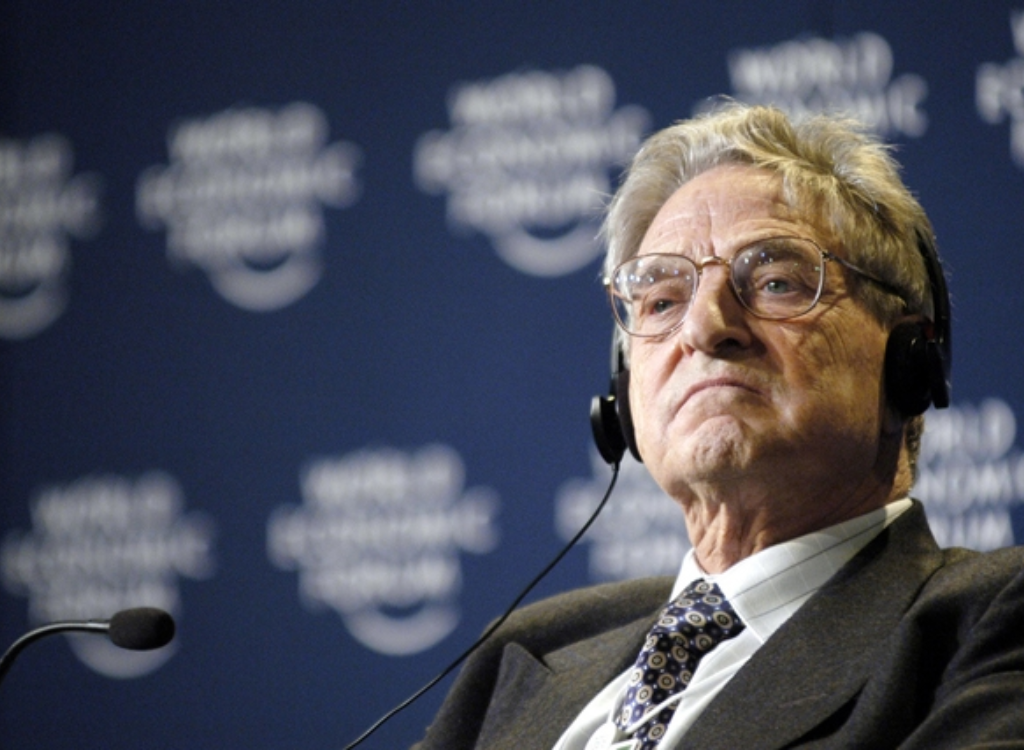
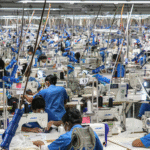
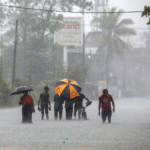
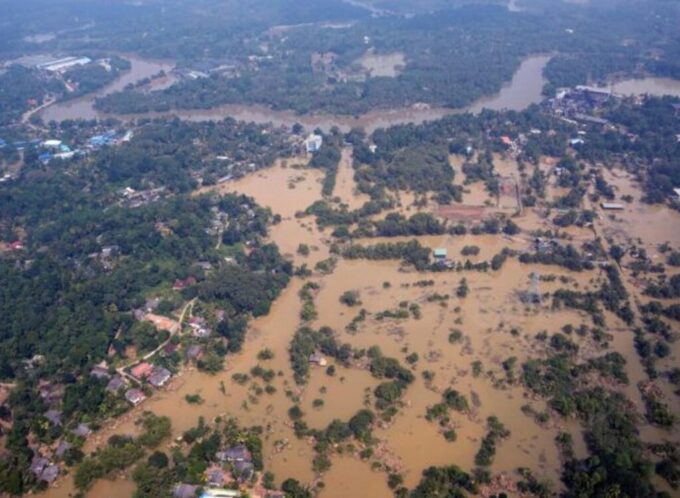
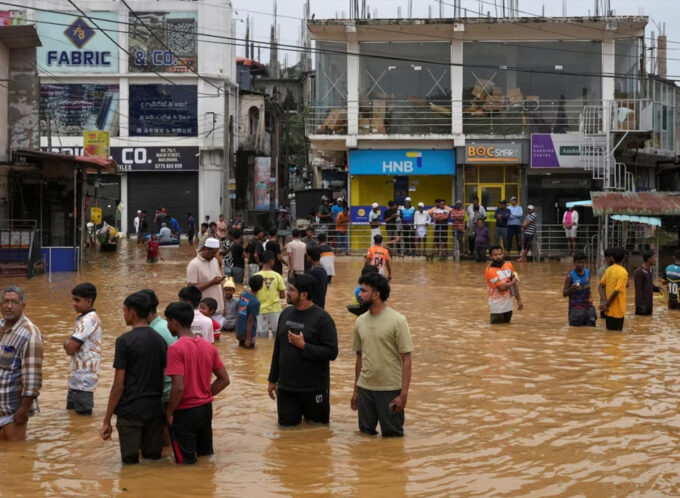
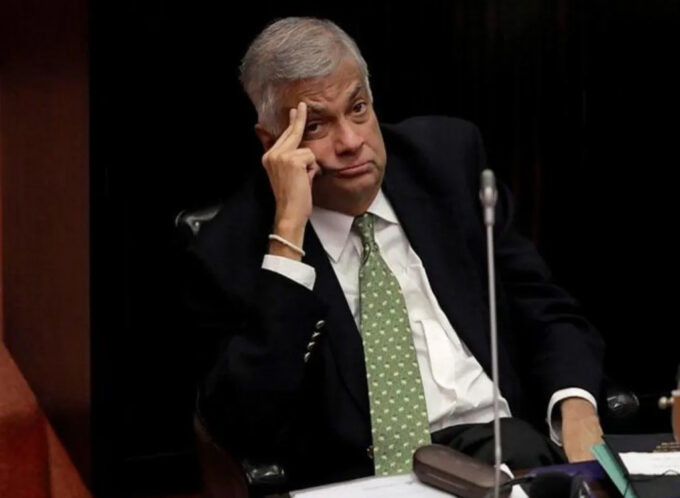



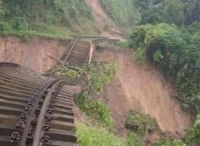

Leave a comment